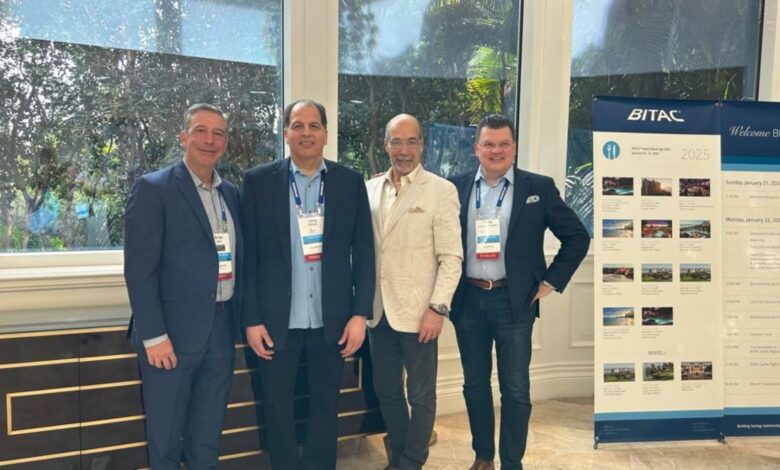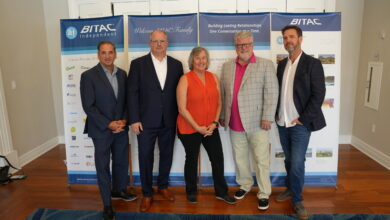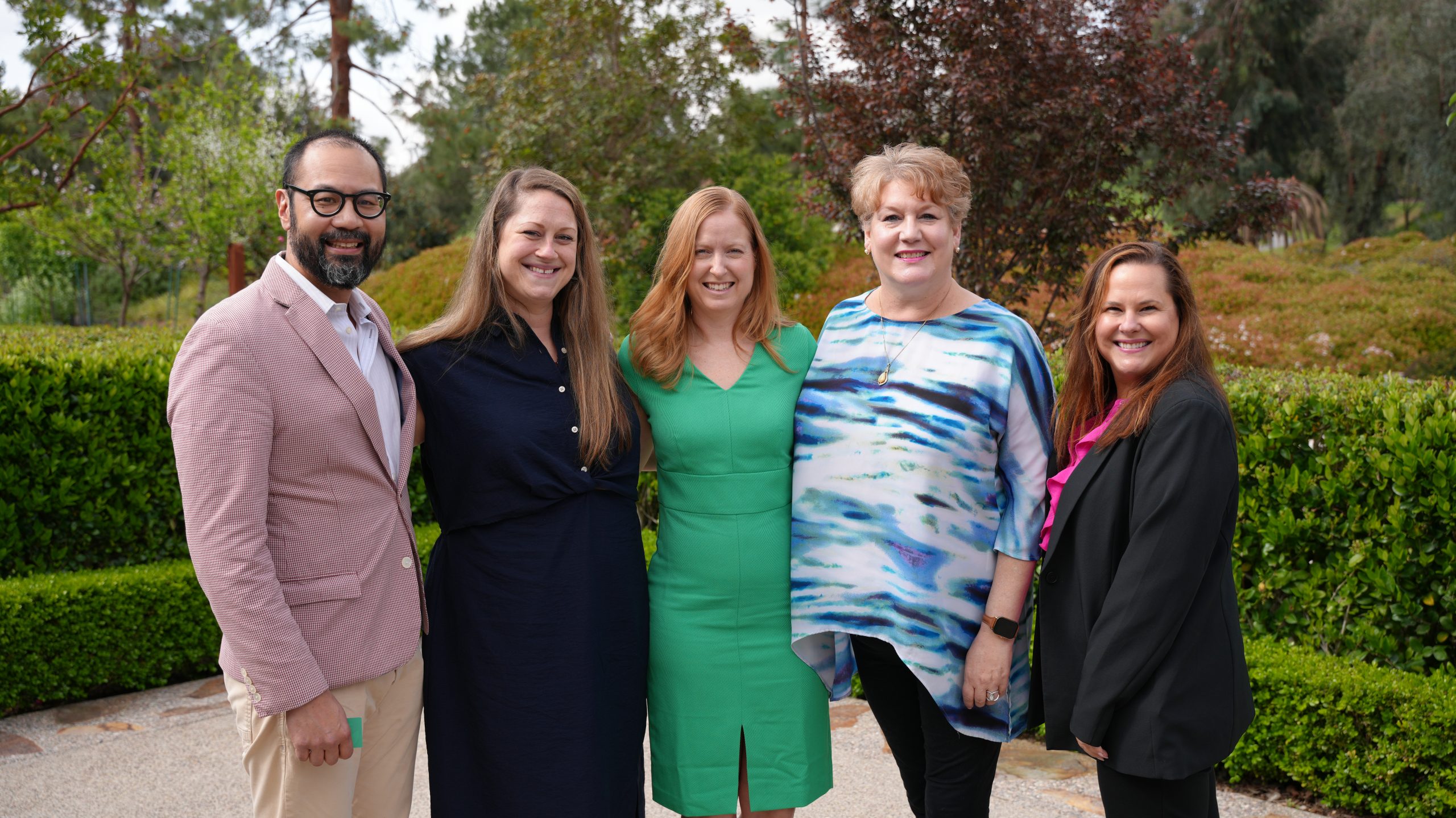
By Gavin Fraser | January 29, 2024
Effective management of finances allows those in the hospitality industry to allocate resources efficiently, optimize profitability, and invest in enhancing guest experiences. Balancing brand objectives ensures consistency in delivering unique offerings and experiences that align with the brand’s values, ultimately fostering customer loyalty and competitive advantage in the market.
Nick Bellini, CSMO at No Brick, LLC, moderated the panel. After each panelist introduced themselves to the audience, Nick asked Brian Abel, Founder and Principal at BEGIN Hospitality, about his thoughts on being financially responsible while also balancing brand objectives.
“At the end of the day, what we do in this industry is really the same in all of these businesses. The final outcome is, you want to create a great guest experience and make money. That’s what we are trying to do. To do that, you have to balance the financials with the brand and the guest experience. Understand what your brand is and really define that. Do your financial decisions support the brand positioning and the guest experience?” He stated.
Brian also touched on the contrast between the cruise industry and land-based hotels, stating that there are a lot of similarities but when it comes to F&B, it’s much more of a focus in the cruise industry.
He went on to explain how labor on land is the number one cost, but on a cruise ship, it’s not. The cost of labor in land-based hotels, resorts, and restaurants is “much higher,” so you have more flexibility with your staff and your labor. “The biggest driver of on-board revenue is Food & Beverage, and it’s the number one driver of guest satisfaction, on a cruise ship.” He continued, “Really, what brings it all together is the service, and the hospitality, and the employees. One of the things I’ve learned in my career is, you need to spend more time on the employees because they are the ones that bring it all together and really define the guest experience.”
Tony Nieves, Principal and CEO at Five Star Home Health, Inc., discussed the importance of cost savings.
“At the end of the day, what is the single largest variable expense that’s in any service industry? It’s labor, right? So, if you can find products and solutions that also impact your operational effectiveness, that’s another variation of how you bring value to the table and maintain your brand standards and your brand integrity.”
Having spent over 40 years in the hospitality industry, Tony highlighted the importance of customer service in economic times of uncertainty and cautiousness. “People want to feel appreciated. Whatever you do offer has to be at a level that they feel there is value there.”
He also mentioned that people expect service and it’s not necessarily in the “quality of tangible goods” like china or glassware, but more about making them feel like the experience is at that high level.
Hans Van der Reijden, Founder and CEO at Ithaka Hospitality Partners, is leading and educating people for the future in this space. He touched on the evolution of customer expectations.
“When you go the independent, non-branded hotel route, you are creating every hotel, every restaurant literally from scratch. That doesn’t give you a lot of scale and efficiency, but it does give us a more targeted audience. Being as nimble as we are, companies can use us as a test gauge whether it’s software, hardware, product. And we can make changes very quickly on the fly,” Hans stated.
Teaching hotels, teaching restaurants, teaching how to roast coffee, how to distill, and how to brew are all a part of this customer service ecosystem. He went on to say, “The engagement level is driven by your culture. The stronger your culture, the lower your turnover, the more you suppress your costs.”
Hans wrapped up the session by noting two main areas of focus.
“It comes down to two simple questions. What is going well, what are you proud of, what are you excited about? And on the flip side, where can we improve?”





Get involved!
Comments